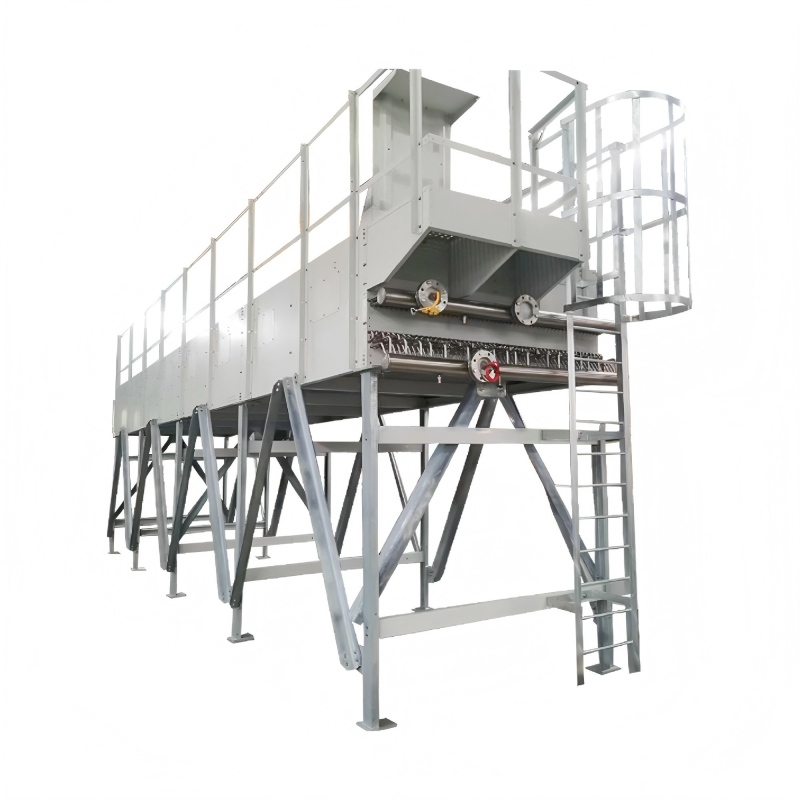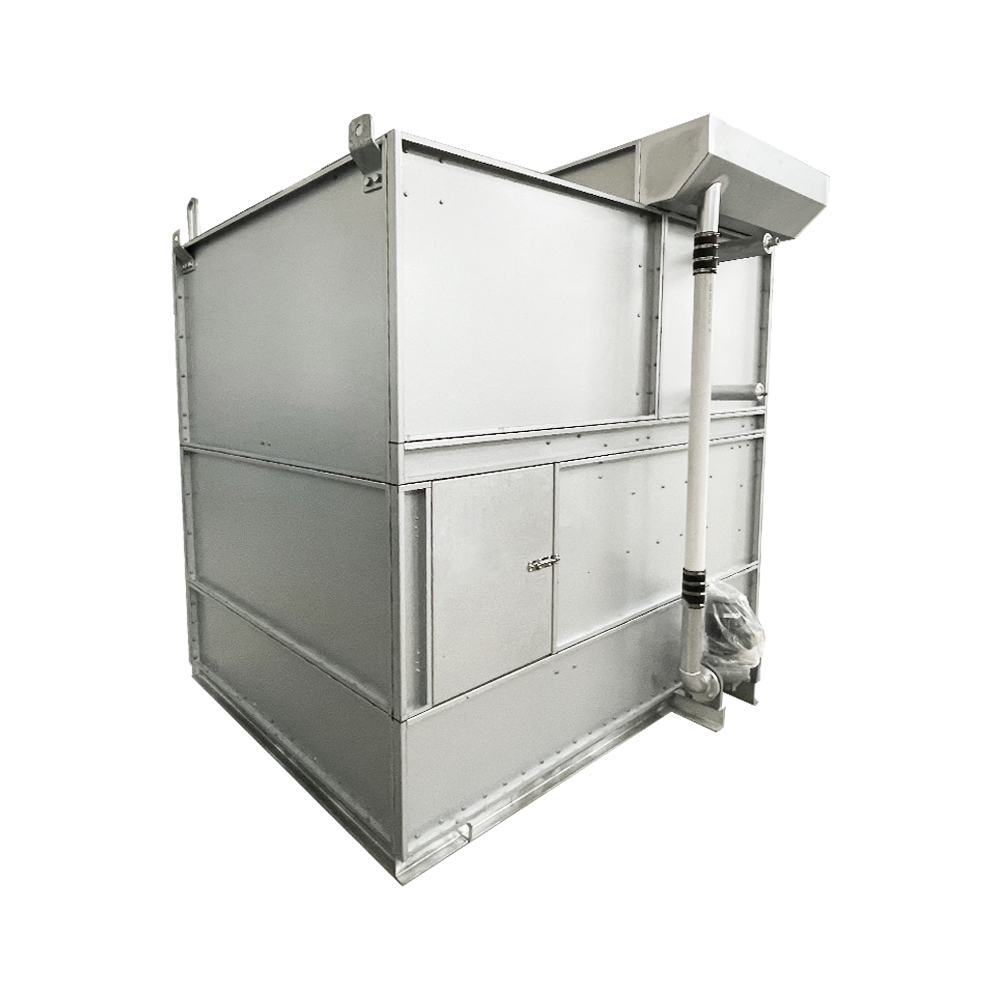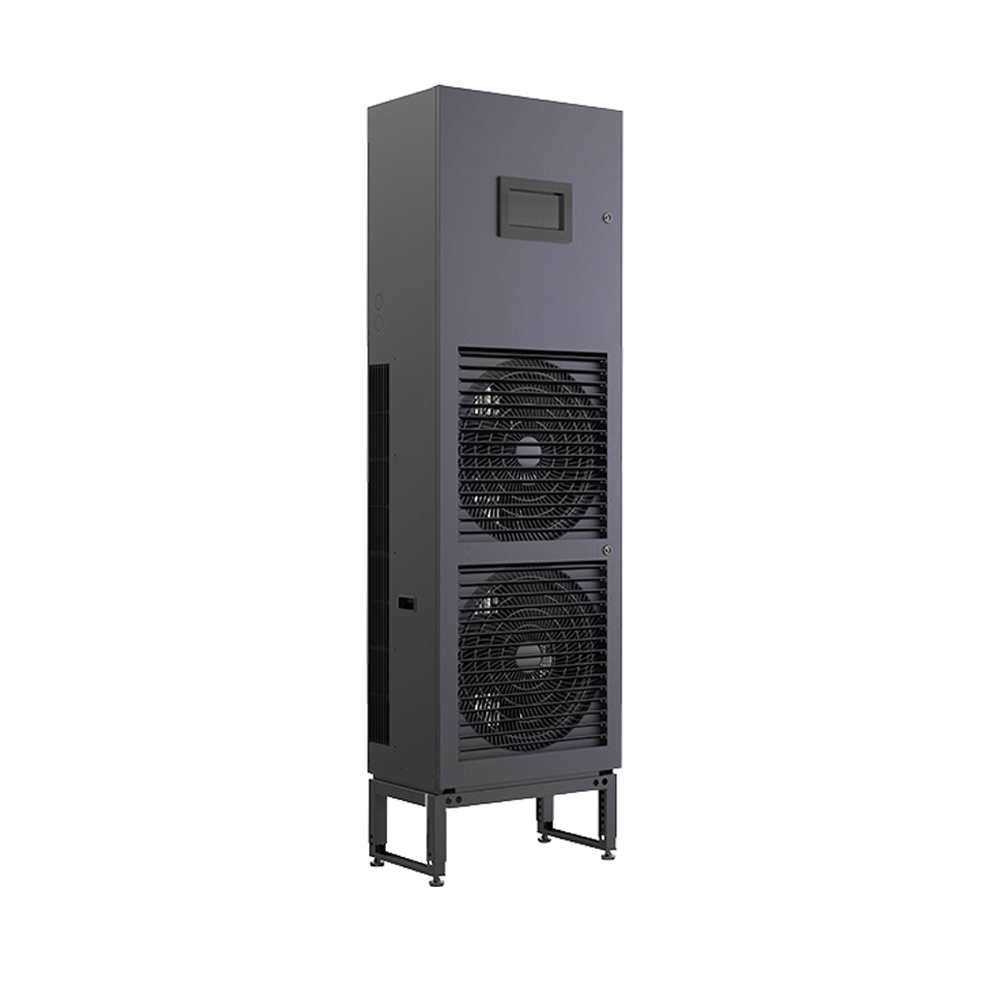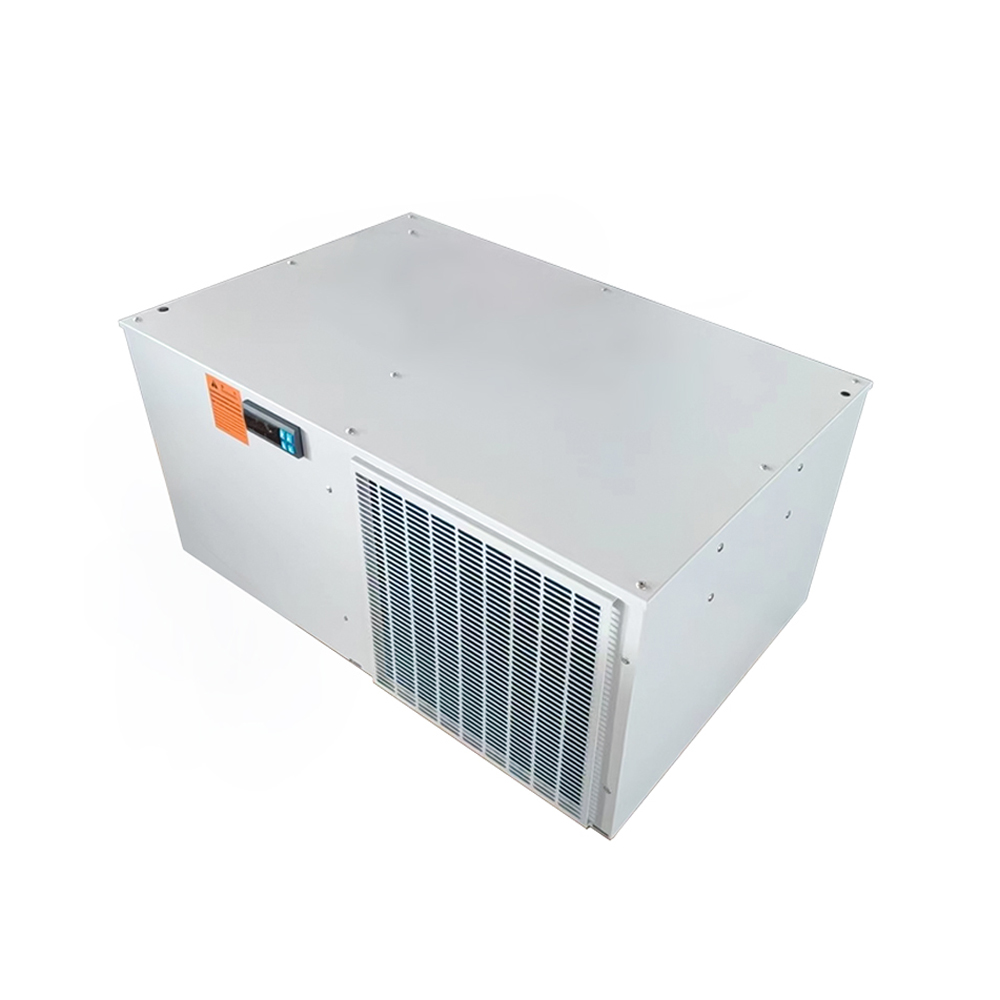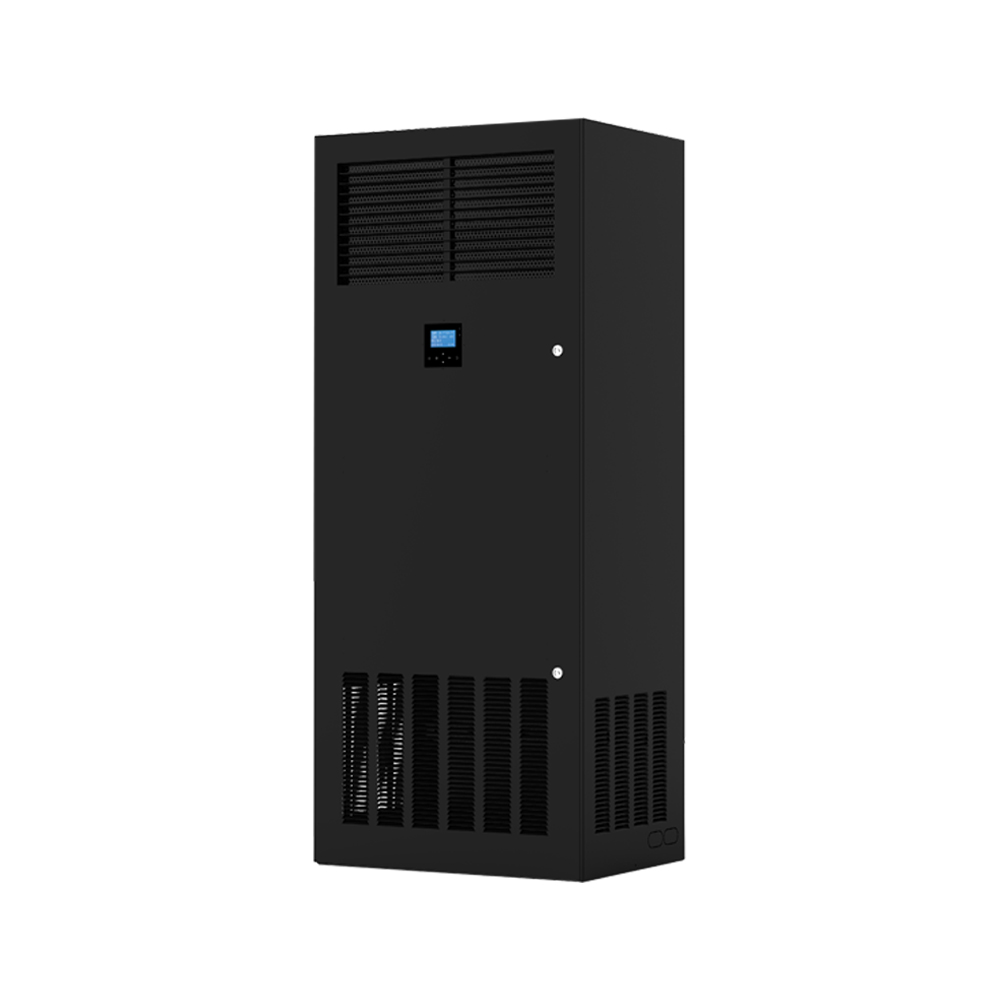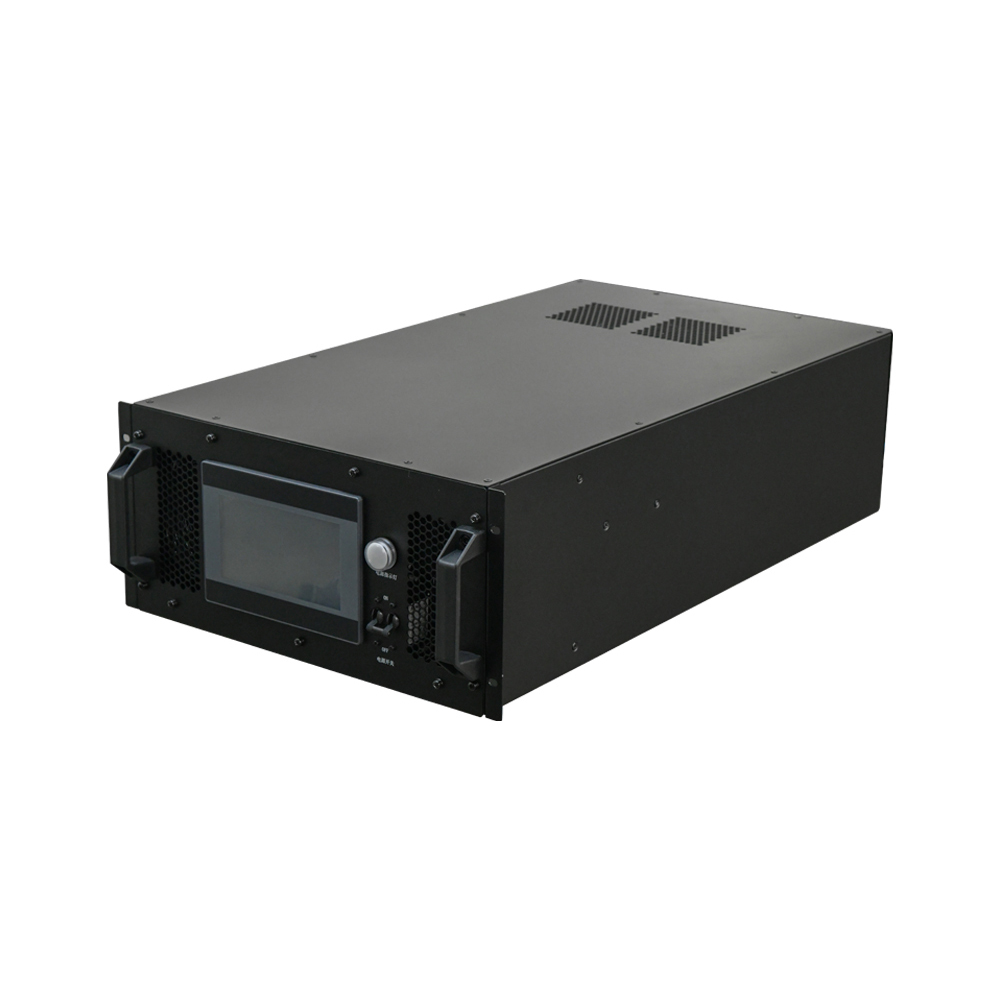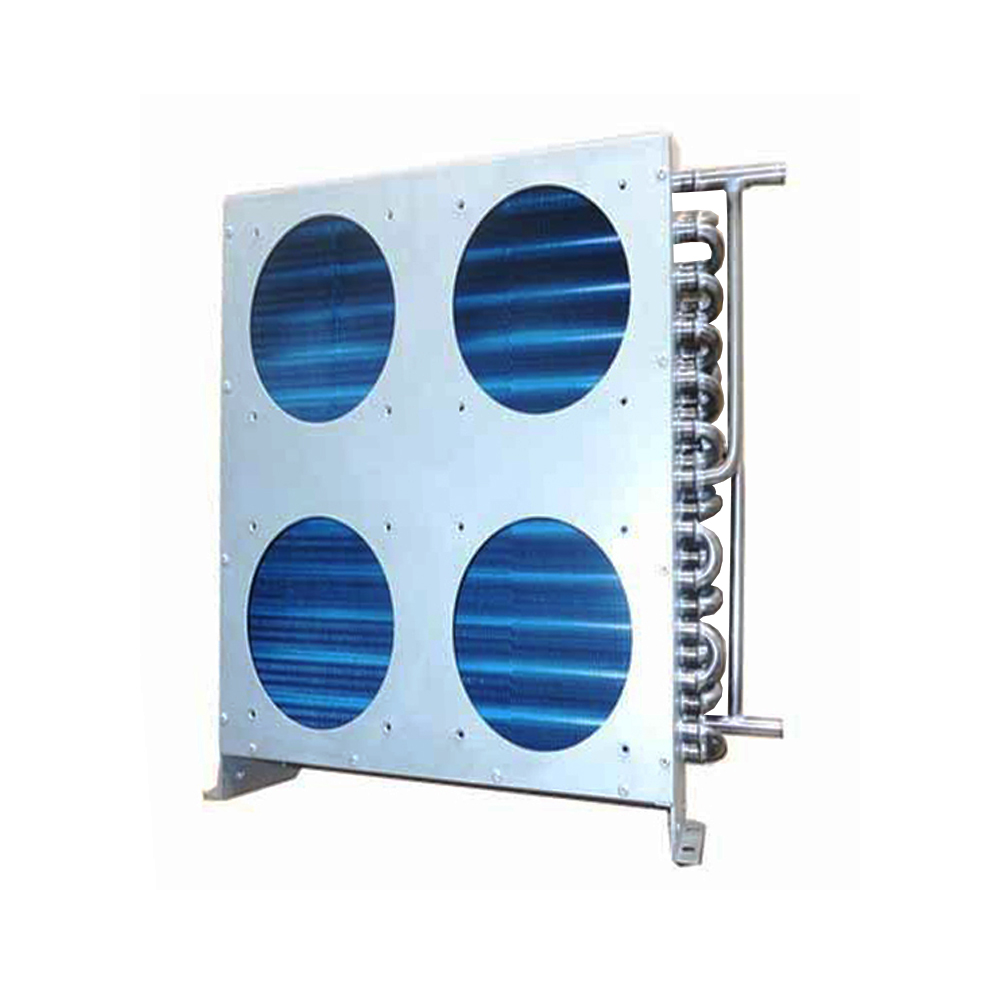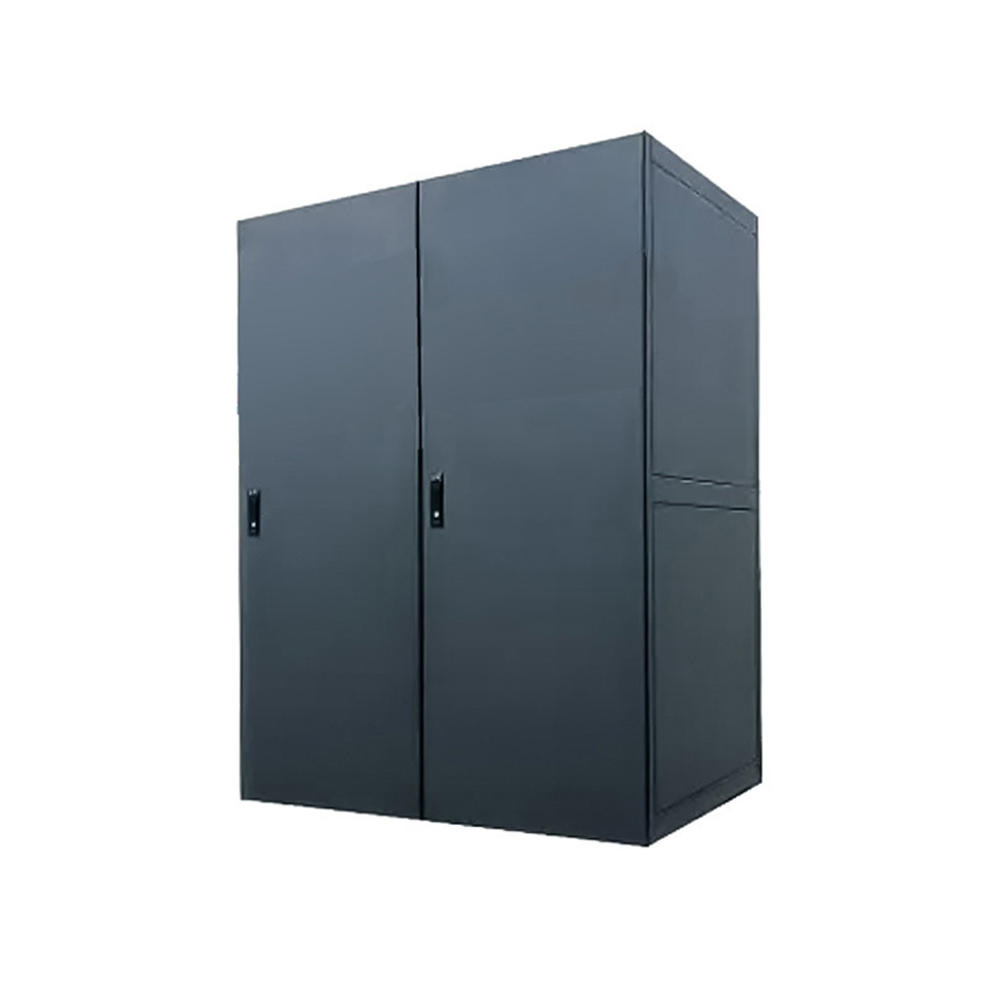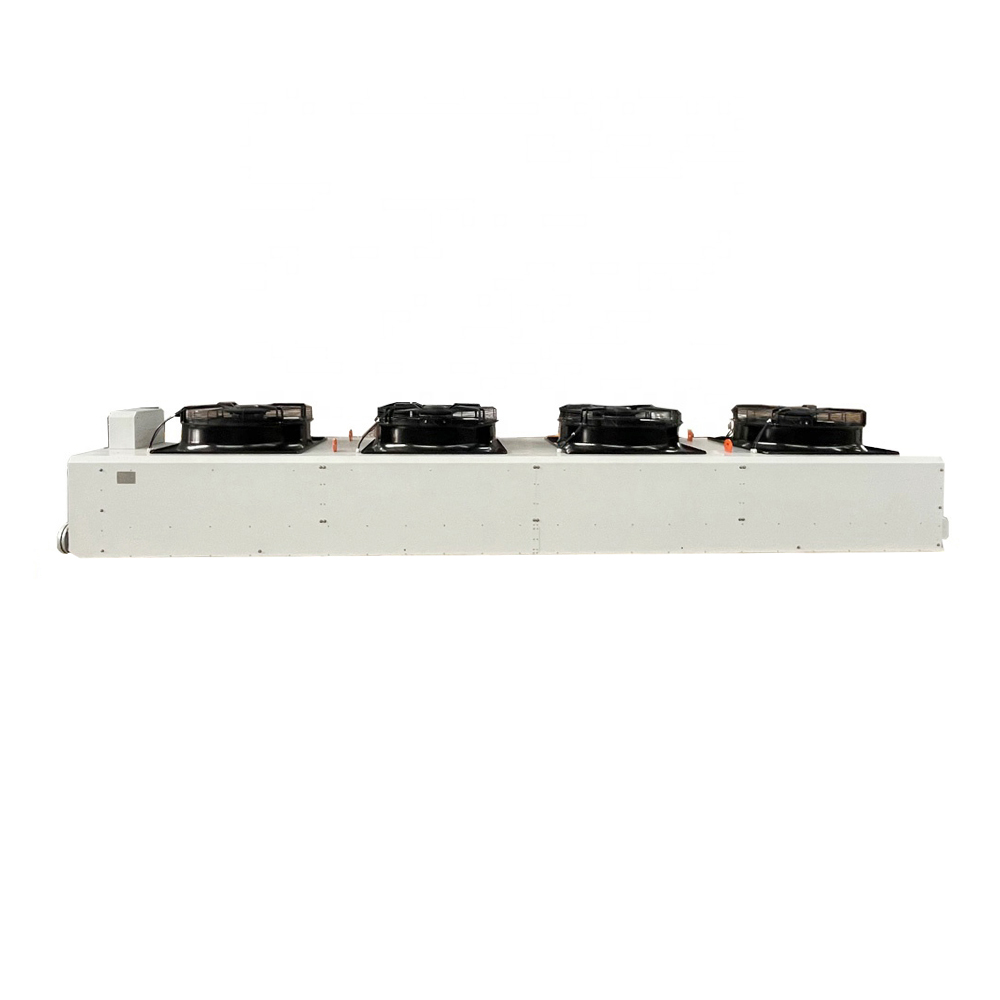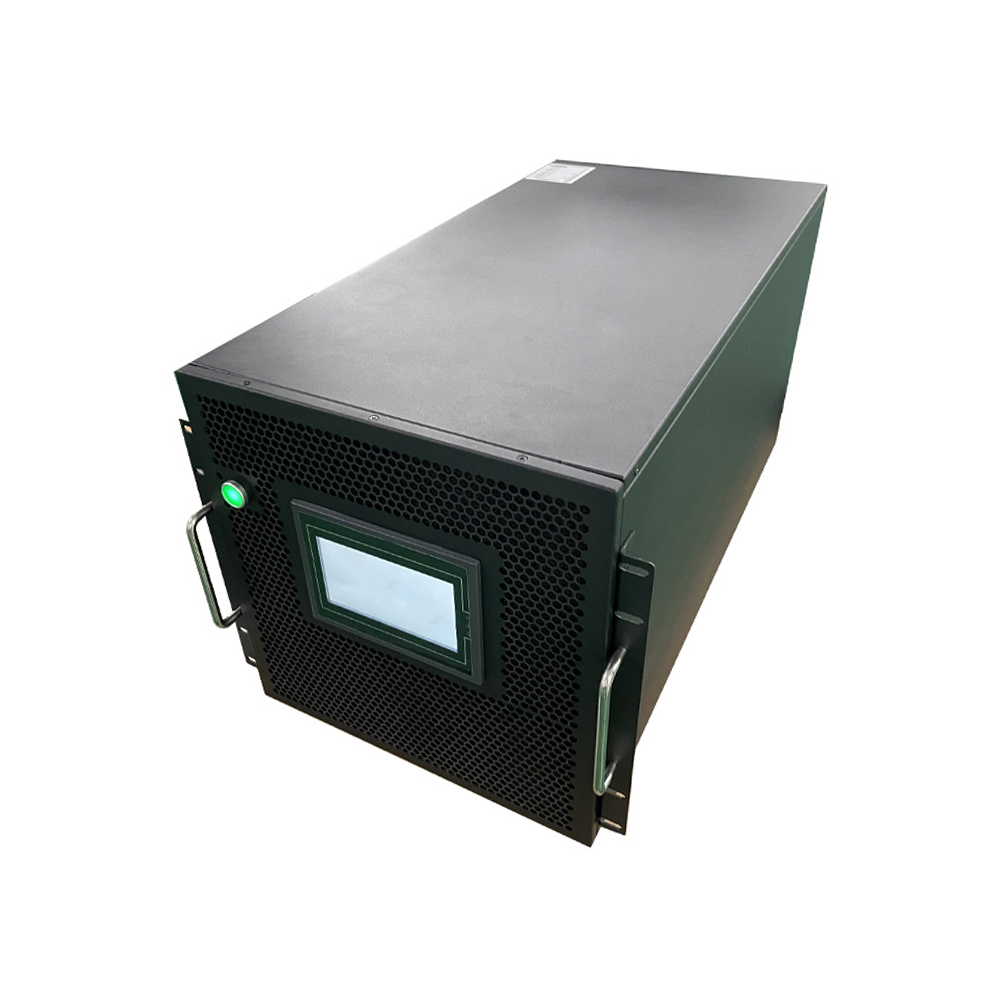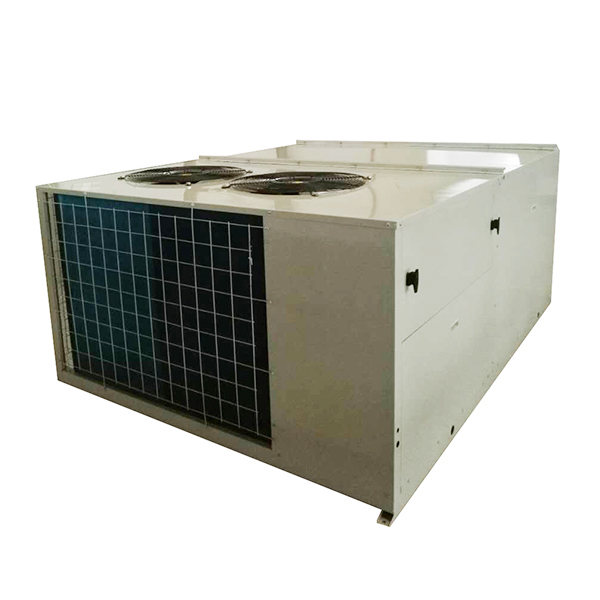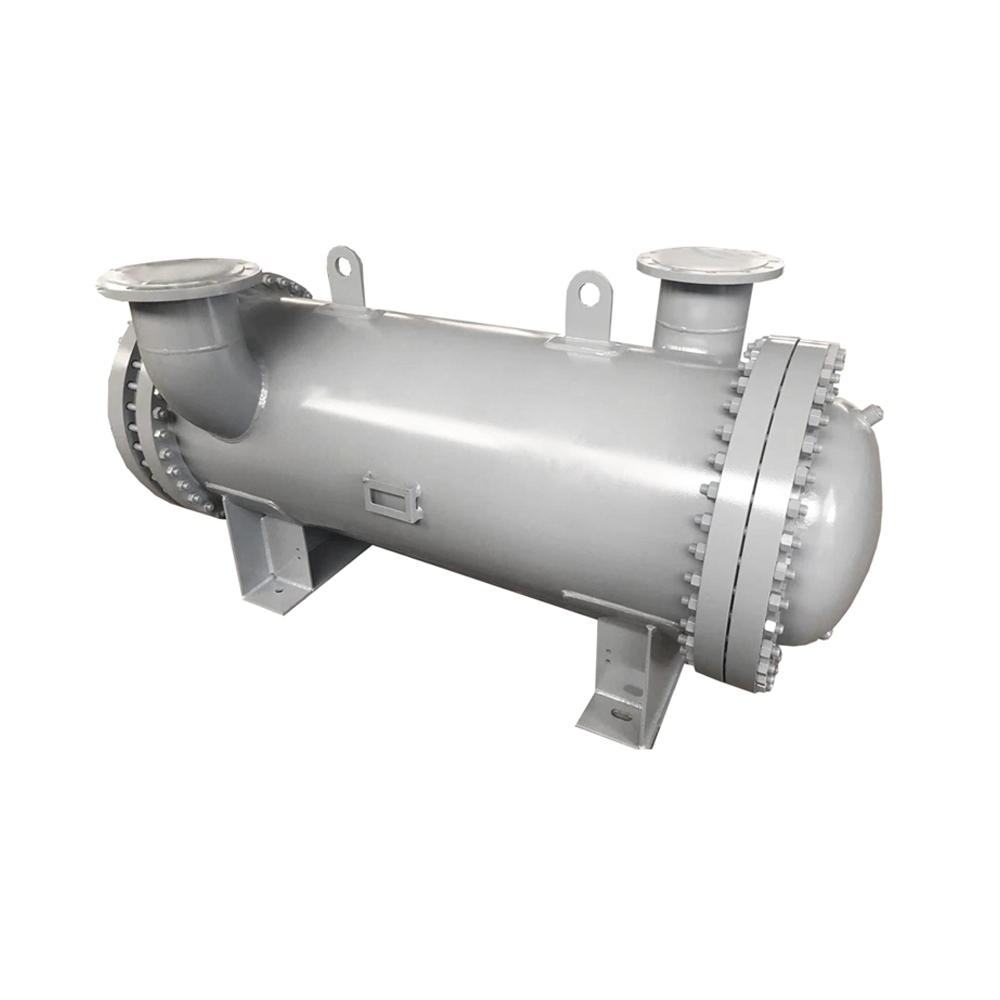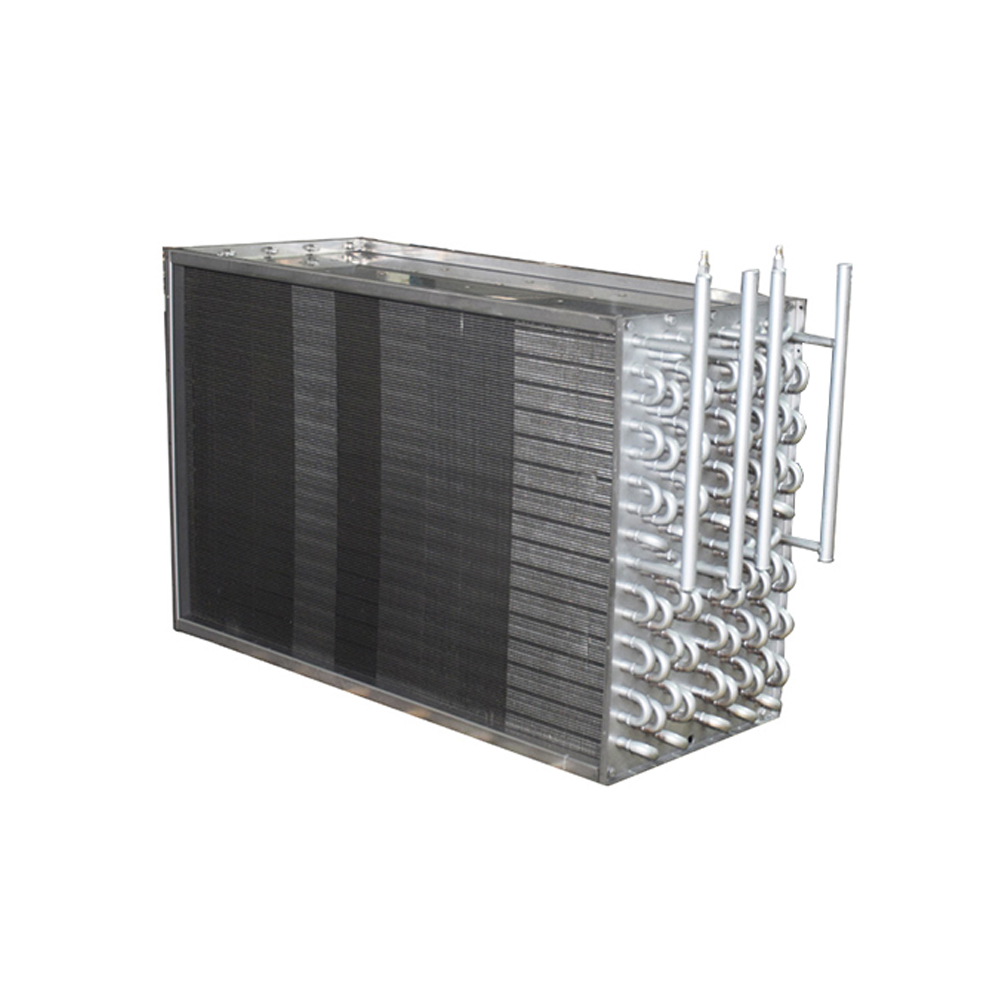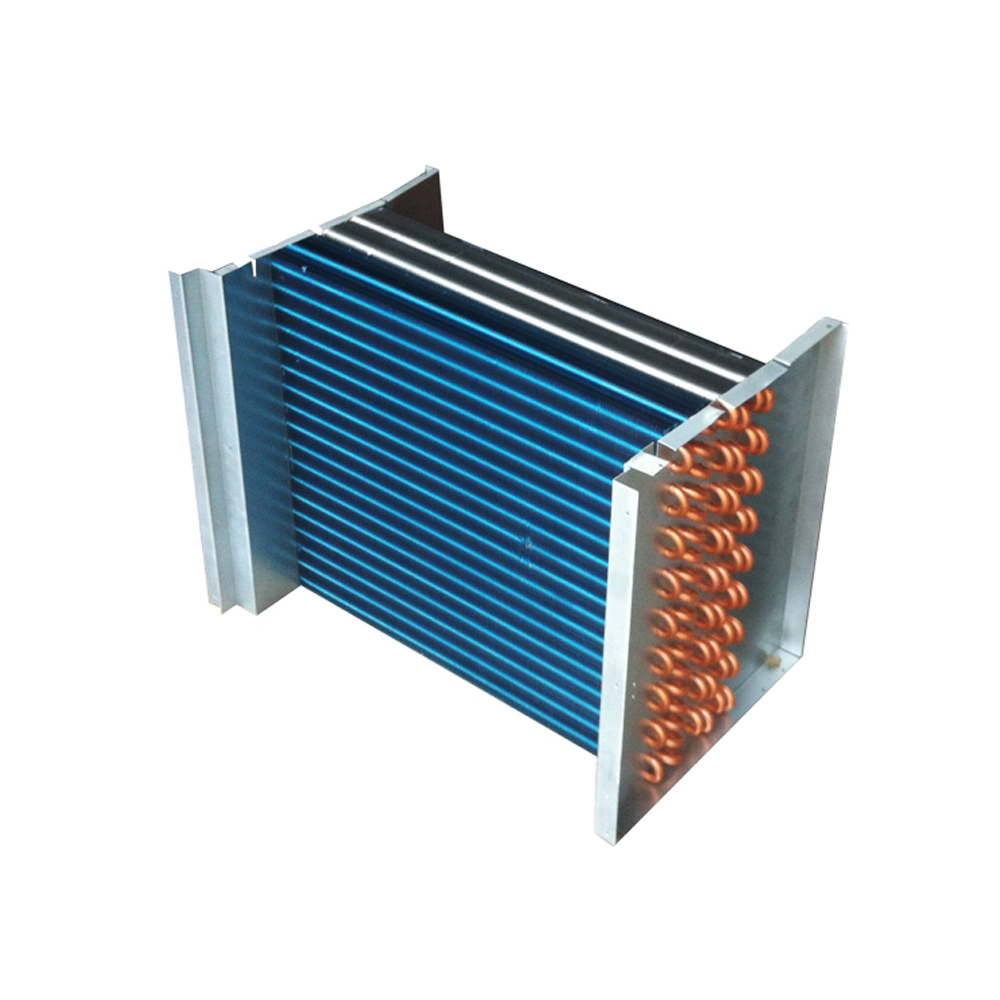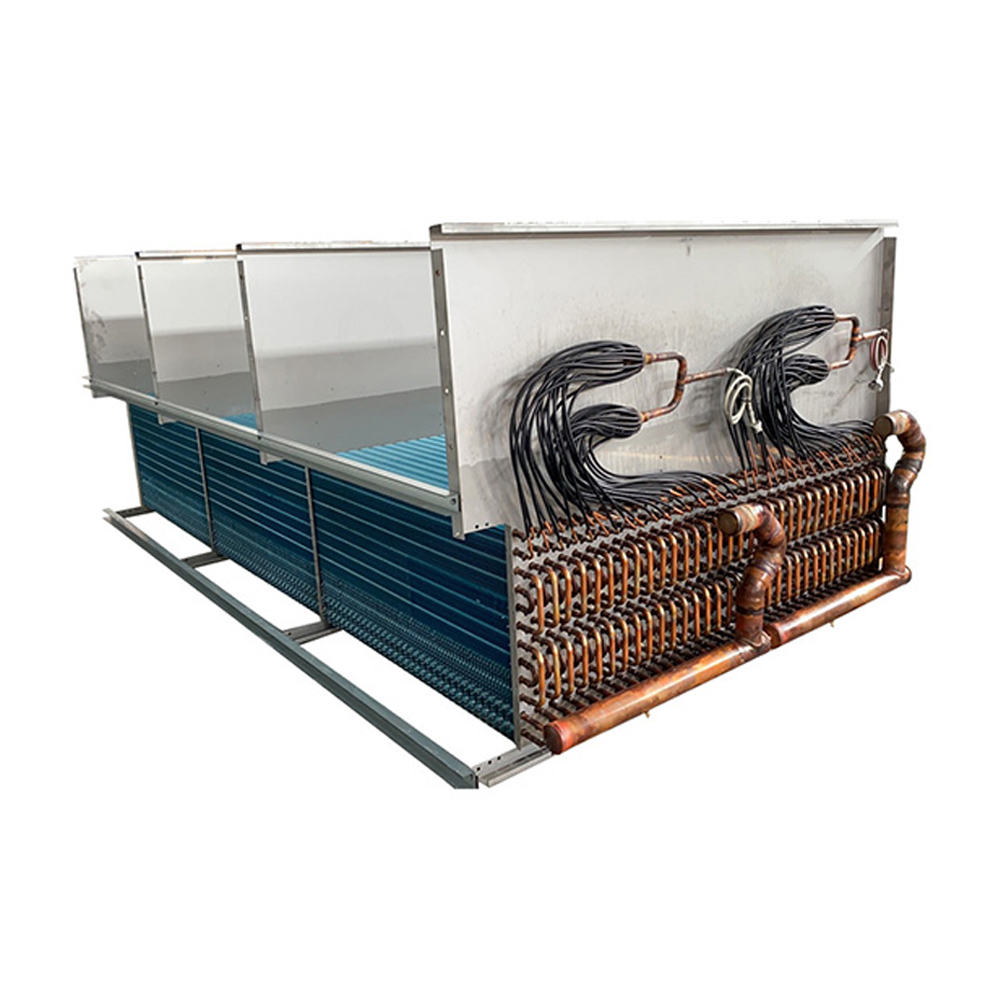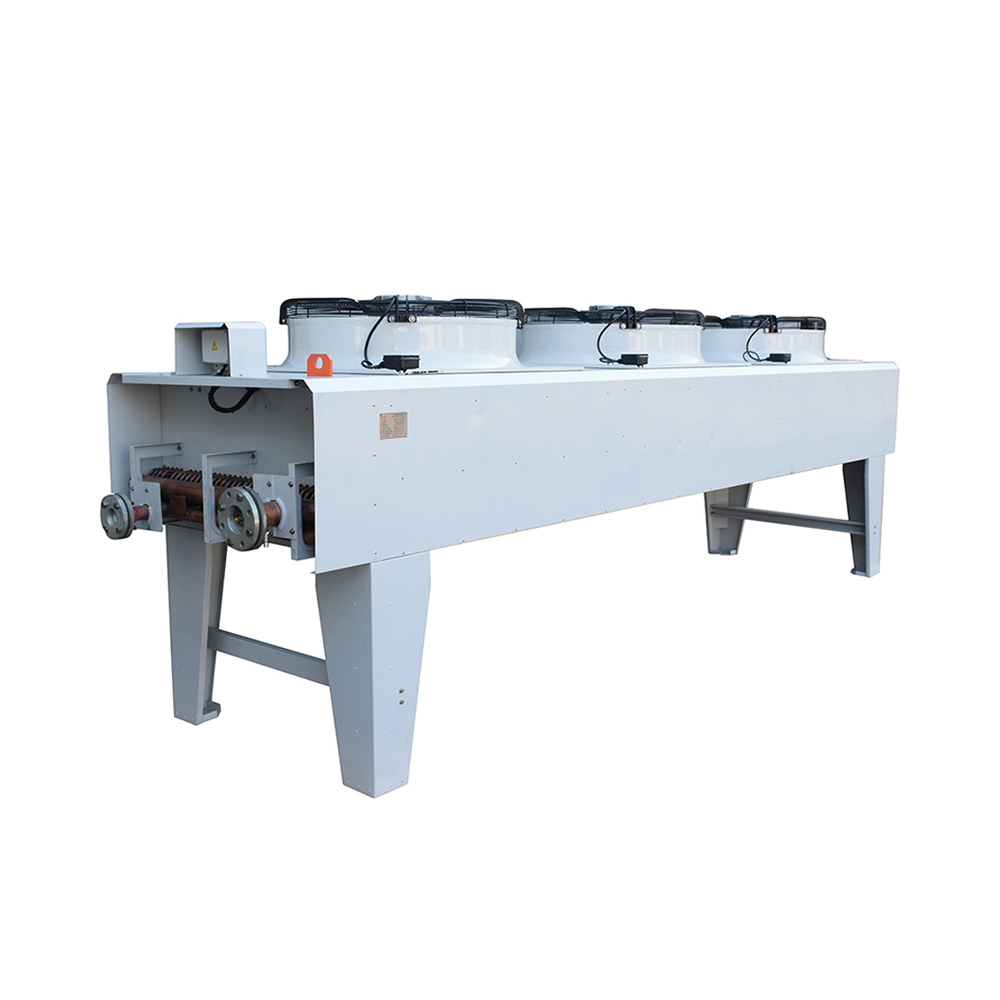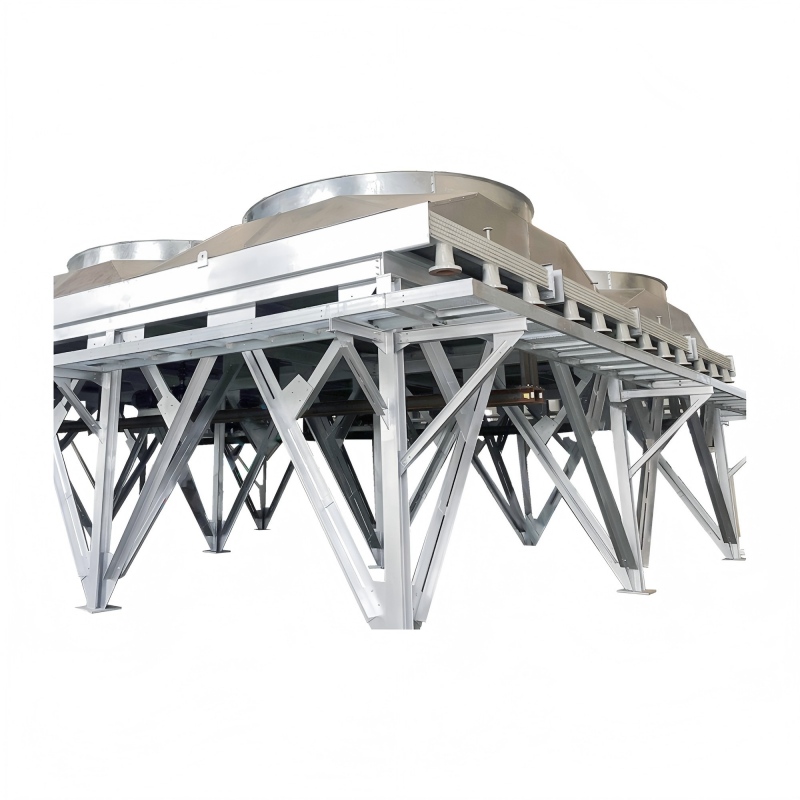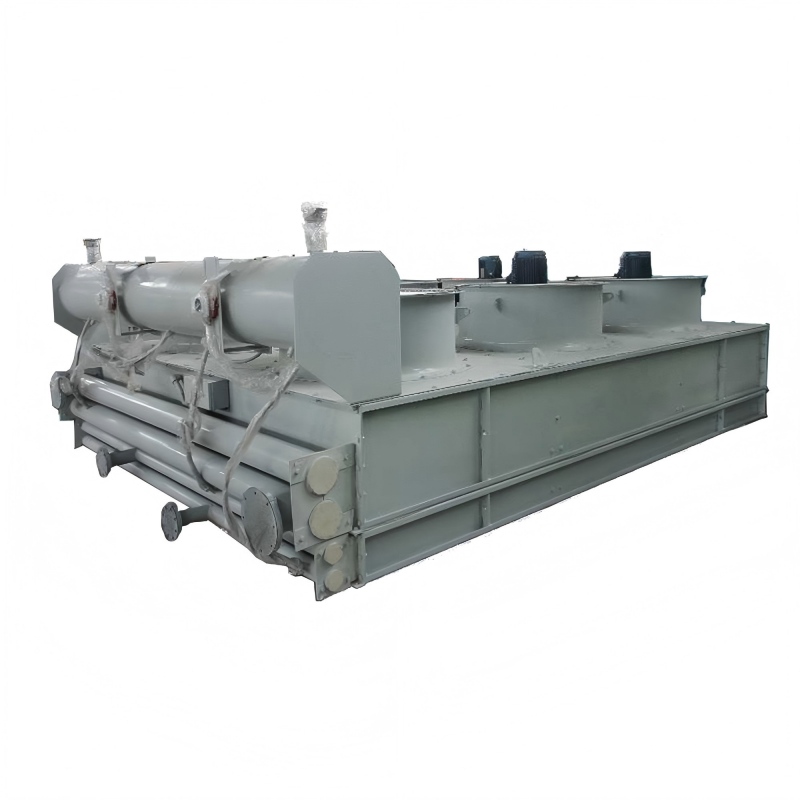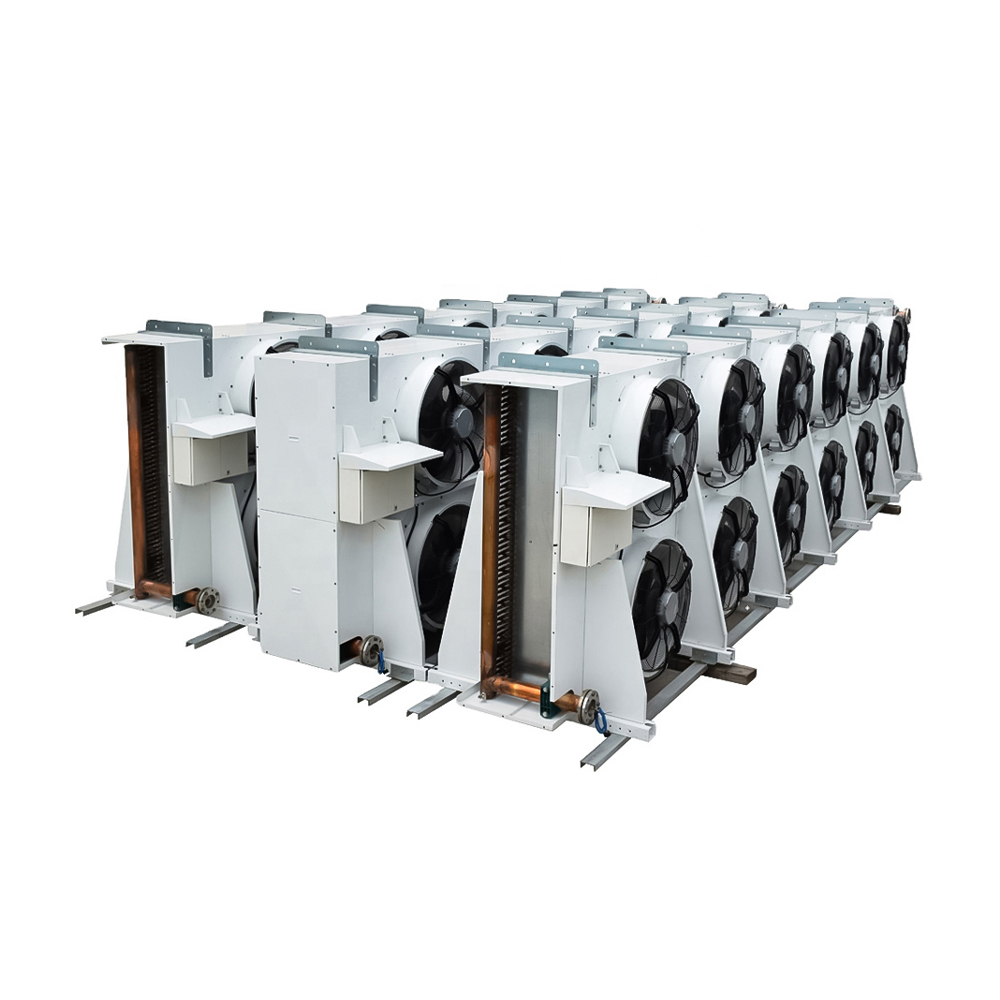This guide provides a detailed overview of cheap plate type dry coolers, exploring their features, applications, advantages, and disadvantages. We'll cover various aspects to help you make an informed decision when choosing a cost-effective cooling solution.
Understanding Plate Type Dry Coolers
What are Plate Type Dry Coolers?
Plate type dry coolers are industrial cooling systems that use air to cool a liquid, typically water or glycol. Unlike evaporative coolers, they don't use water, making them efficient in areas with water scarcity and reducing the risk of scaling and corrosion. The heat exchange process occurs between the liquid flowing through plates and the surrounding air. They're known for their compact design and high efficiency, though the upfront cost can be a significant factor for some projects. Choosing the right cheap plate type dry cooler requires careful consideration of your specific needs and budget.
How Plate Type Dry Coolers Work
These systems operate by pumping the liquid to be cooled through a series of thin, corrugated metal plates. These plates maximize the surface area in contact with the air, allowing for efficient heat transfer. Fans draw ambient air across the plates, absorbing the heat from the liquid. The cooled liquid then exits the system, ready for use. The effectiveness of the cooling is largely dependent on factors such as air temperature, airflow rate, and the properties of the liquid being cooled.
Factors Affecting the Cost of Plate Type Dry Coolers
Size and Capacity
The cooling capacity (measured in kW or tons of refrigeration) directly impacts the cost. Larger systems with greater cooling capacity naturally cost more. Choosing a system appropriately sized for your needs avoids unnecessary expense.
Material and Construction
Different materials are used in the construction of plate type dry coolers, affecting both cost and durability. Copper, aluminum, and stainless steel are common choices, each offering different levels of corrosion resistance and thermal conductivity. Higher-quality materials typically translate to higher costs but offer longer lifespans and potentially lower maintenance expenses.
Features and Technology
Advanced features such as variable speed fans, intelligent controls, and specialized coatings can increase efficiency and longevity, but will also add to the initial investment. Consider the long-term cost savings versus the initial outlay when making your decision. For example, variable speed fans may improve energy efficiency over time, offsetting the extra upfront cost.
Manufacturer and Brand
Prices can vary considerably between manufacturers. It’s crucial to compare specifications and warranties before making a purchase decision. Consider manufacturers with a strong reputation for reliability and customer support.
Choosing a Cheap Yet Efficient Plate Type Dry Cooler
Prioritize Your Needs
Before searching for a cheap plate type dry cooler, precisely define your cooling requirements. What is the capacity needed? What kind of liquid will be cooled? What are the ambient air conditions? A proper needs assessment helps avoid overspending on unnecessary capacity.
Compare Prices and Specifications
Request quotes from multiple suppliers. Don’t solely focus on the initial price; compare warranties, maintenance costs, and energy consumption. A slightly more expensive unit with a longer lifespan and lower operating costs might be the more economical choice in the long run. Look for companies like Shanghai SHENGLIN M&E Technology Co.,Ltd for reliable options.
Consider Used Equipment
Purchasing a used cheap plate type dry cooler can significantly reduce costs. However, ensure a thorough inspection is conducted to ascertain its condition and remaining lifespan. Carefully assess the potential repair and maintenance costs associated with a used system. A pre-purchase inspection is highly recommended.
Comparison Table: Different Plate Type Dry Cooler Options
| Feature | Option A | Option B | Option C |
| Cooling Capacity (kW) | 100 | 150 | 200 |
| Material | Aluminum | Stainless Steel | Copper |
| Approximate Price ($) | 10,000 | 15,000 | 20,000 |
Note: The prices in the table are illustrative and may vary depending on the specific manufacturer, features, and market conditions.
Conclusion
Selecting a cheap plate type dry cooler requires a balance between cost and performance. Careful consideration of your cooling needs, a thorough comparison of available options, and understanding the long-term costs associated with each system will enable you to make an informed decision that meets your budget without compromising efficiency. Remember to always check with reputable suppliers and consider the longevity and maintenance costs before making a final choice.









